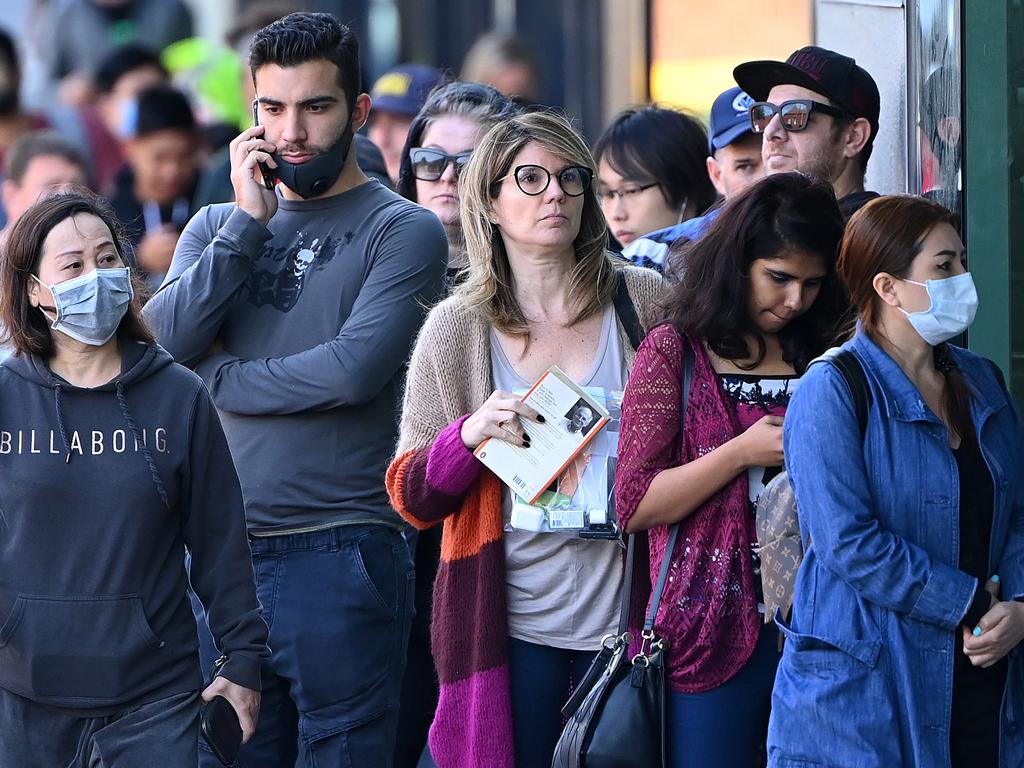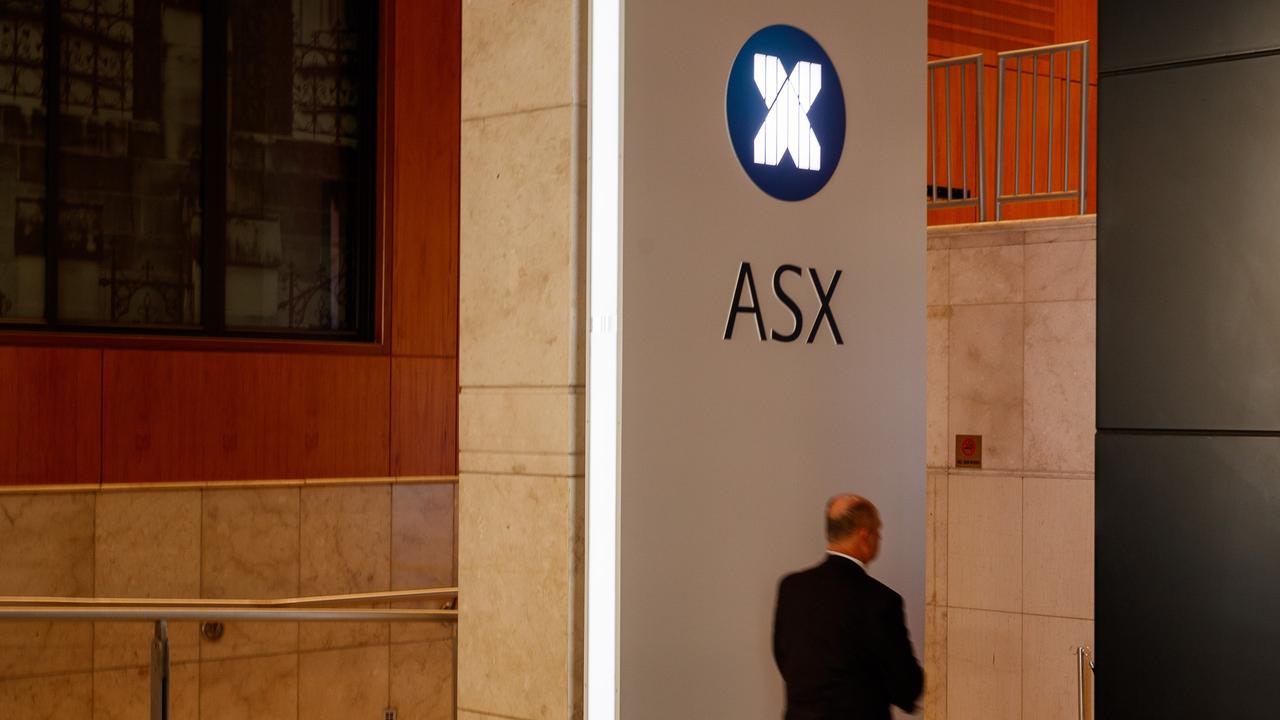Ford, Mazda, Mercedes revved up millions in JobKeeper payments
Global auto giants in Australia pumped up profits with millions in JobKeeper amid a roaring market. Only one has repaid the cash.
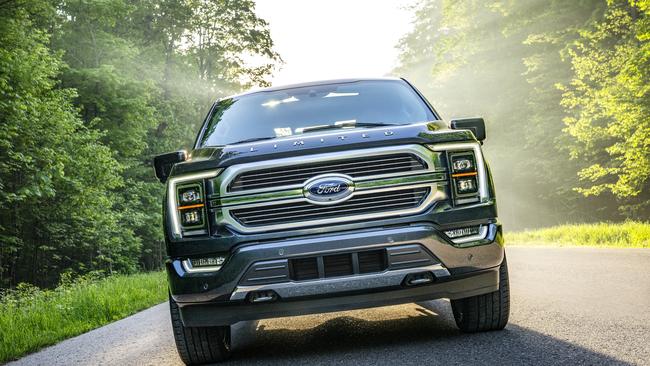
Global car giants including Ford, Mazda, Mercedes and Toyota banked a combined $76.7m in JobKeeper funds, with only one paying back the cash following a bumper year for car sales.
Ford Australia, which boasts one of the nation’s highest-selling models in the Ford Ranger, took the lion’s share of JobKeeper paid to the auto manufacturers, with $38.6m flowing to the US giant.
Ford posted a pre-tax profit of $59.3m in Australia last year. It also booked a $466m tax windfall following losses in previous years, the automaker’s local accounts show.
Toyota Australia made the move to repay $18.7m of its JobKeeper payment in January of this year as the business’s full year profit grew increasingly clear.
The Japanese car company’s Australian operations doubled its results to deliver a $332m after-tax profit. That was compared to Toyota Australia’s $129.m profit in the 2020 financial year.
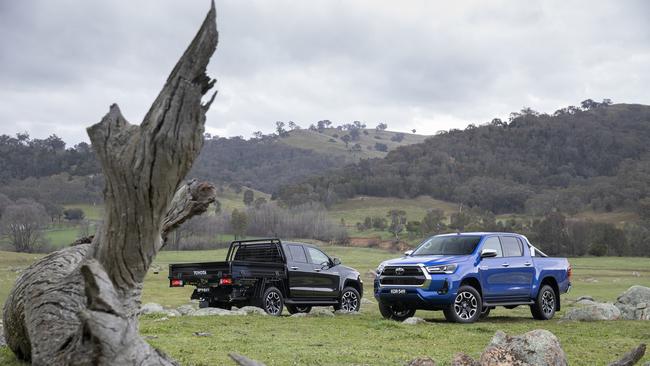
Toyota President and CEO Matthew Callachor said the company repaid the funds, as it was the right thing to do.
“We claimed JobKeeper payments to help support the job security of almost 1400 Toyota employees around Australia – the people who are our first priority,” he said.
“At the same time, we executed a comprehensive action plan which succeeded in overcoming the challenges we faced and reigniting our business.”
Toyota makes the popular Toyota HiLux, the top-selling vehicle in Australia for several years running.
“In the end, we were very fortunate to weather the storm better than most, so our management and board decided that returning JobKeeper payments was the right thing to do as a responsible corporate citizen.”
Elsewhere Mazda Australia enjoyed a $5.7m JobKeeper windfall that buttressed the company‘s $91.5m profit after tax.
The Japanese company, one of the most popular car brands in Australia, has made no move to repay JobKeeper.
A company spokeswoman said the company would “determine its position when the pandemic is over”.
“The JobKeeper support received was used, as intended by the federal government, to subsidise employee salaries and ensure we retain our entire workforce at full employment in an extremely unpredictable and difficult business environment,” she said.
“The environment remains highly uncertain given the ongoing impacts of Covid-19.”
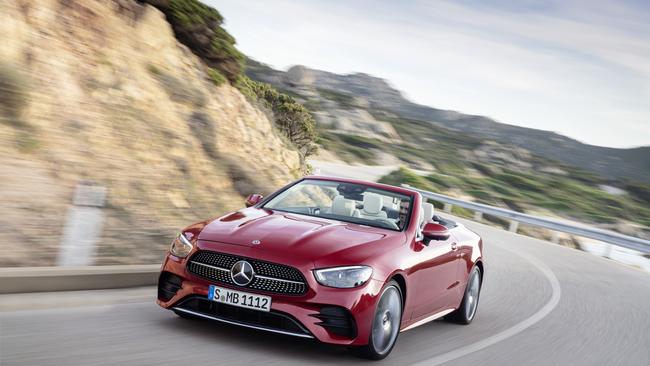
Daimler Australia, the makers of popular car brand Mercedes-Benz, reaped $4.9m in JobKeeper.
The company disclosed in its filings to the corporate regulator it took the funds between April 2020 and September 2020.
This was during the period in which companies could qualify for JobKeeper if they forecast a 30 per cent decline in revenues.
Following September 2020 companies were required to show a decline in revenues.
A Daimler Australia spokesman said the company qualified for and was able to access JobKeeper.
“This support was used as intended, meaning we could retain our local workforce and limit the agreed period of reduced working hours for our employees, and could continue serving our customers and supporting our local dealer network,” he said.
Daimler Australia, which made $62.7m in profit, has not repaid its JobKeeper funds.
Despite the rebounding Australian car market not all car companies made profits in the most recent financial year.
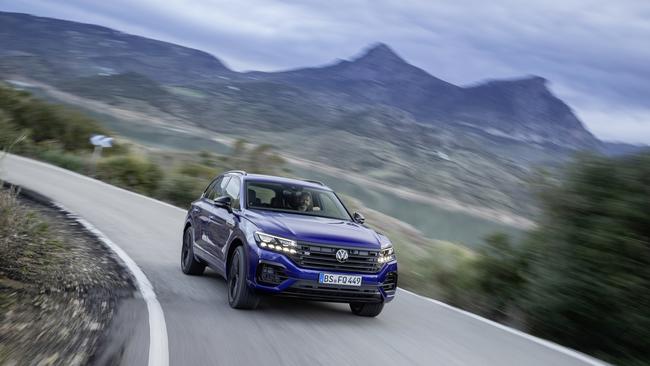
Volkswagen Australia took $3m in JobKeeper for 194 staff after revenues fell 50 per cent in April.
The carmaker, which also sells the Skoda and Audi car brands, saw a decline in profit after tax from $10.8m in 2019 to $23.7m in 2020.
A company spokesman said Volkswagen “more than met JobKeeper criteria and used that money conscientiously”.
Labor MP Andrew Leigh called on car companies that reaped JobKeeper while profits accelerated to pay the money back.
“Car sales have accelerated during the pandemic, and profits for luxury dealers have been roaring along,” he said.
“So there’s no reason they needed to put hundreds of millions of dollars in taxpayer support into the boot.”
Treasurer Josh Frydenberg on Friday launched a defence of the JobKeeper program following parliamentary budget office data that showed almost $5bn had gone to businesses that experienced revenue gains during the first phase of the scheme.
Mr Frydenberg said the scheme put a floor under the economy as the Covid crisis hit.
New car sales in calendar 2020 fell 13.7 per cent amid the Covid hit during the first half of the year, but turned positive from the posted double digit gains during November and December after stabilising in October. Total sales came in at 916,968 during 2020.


